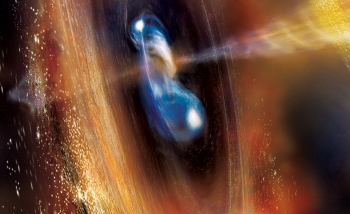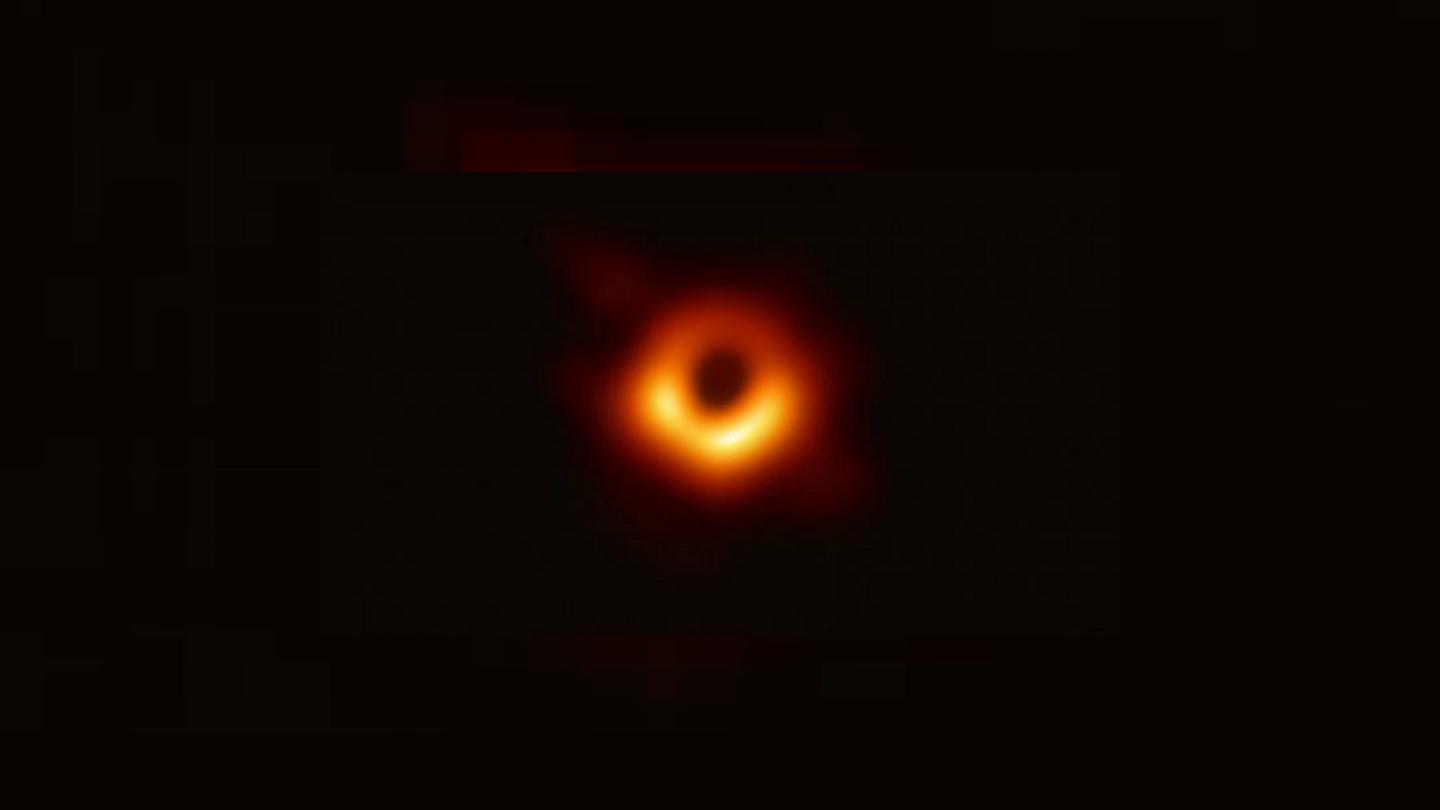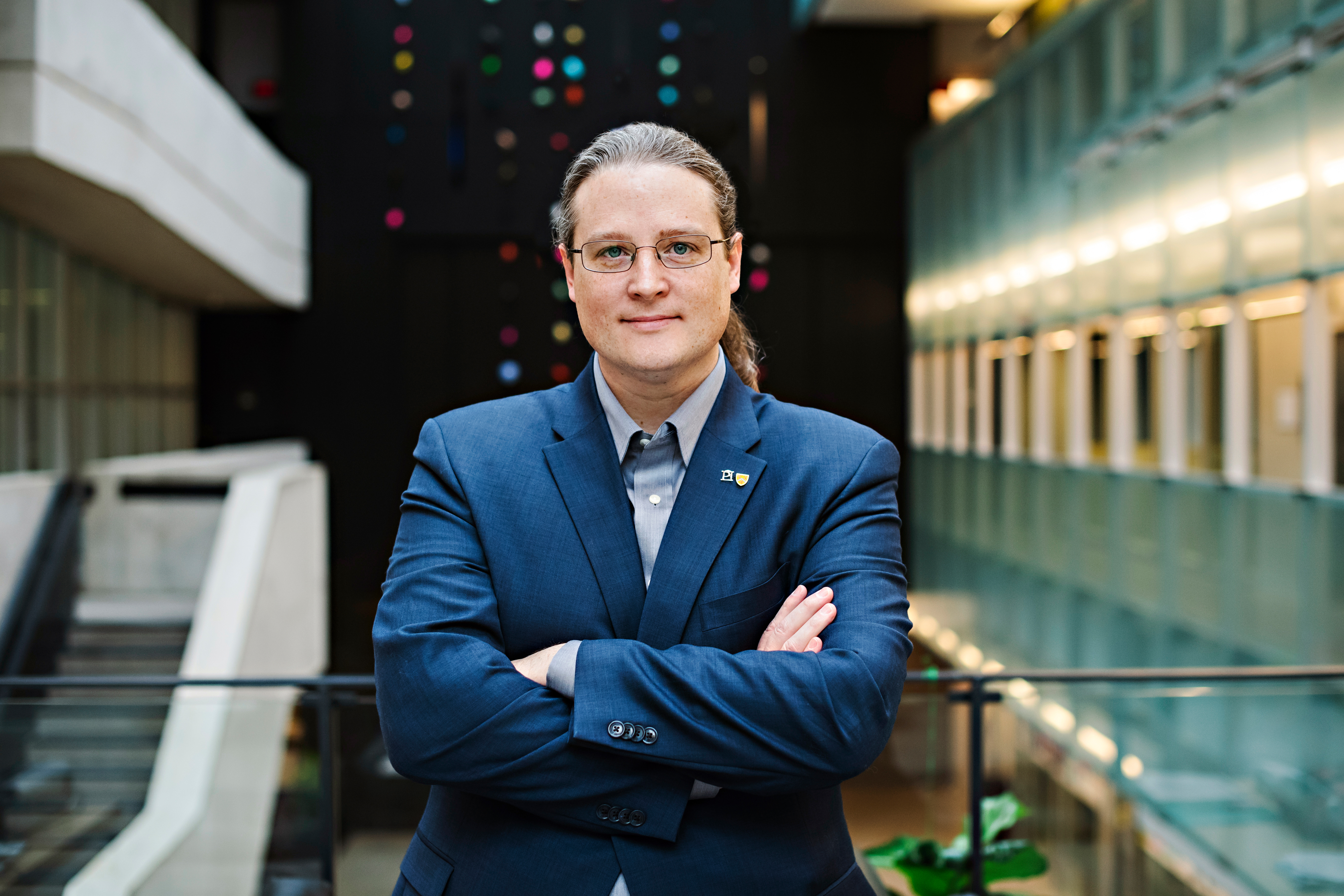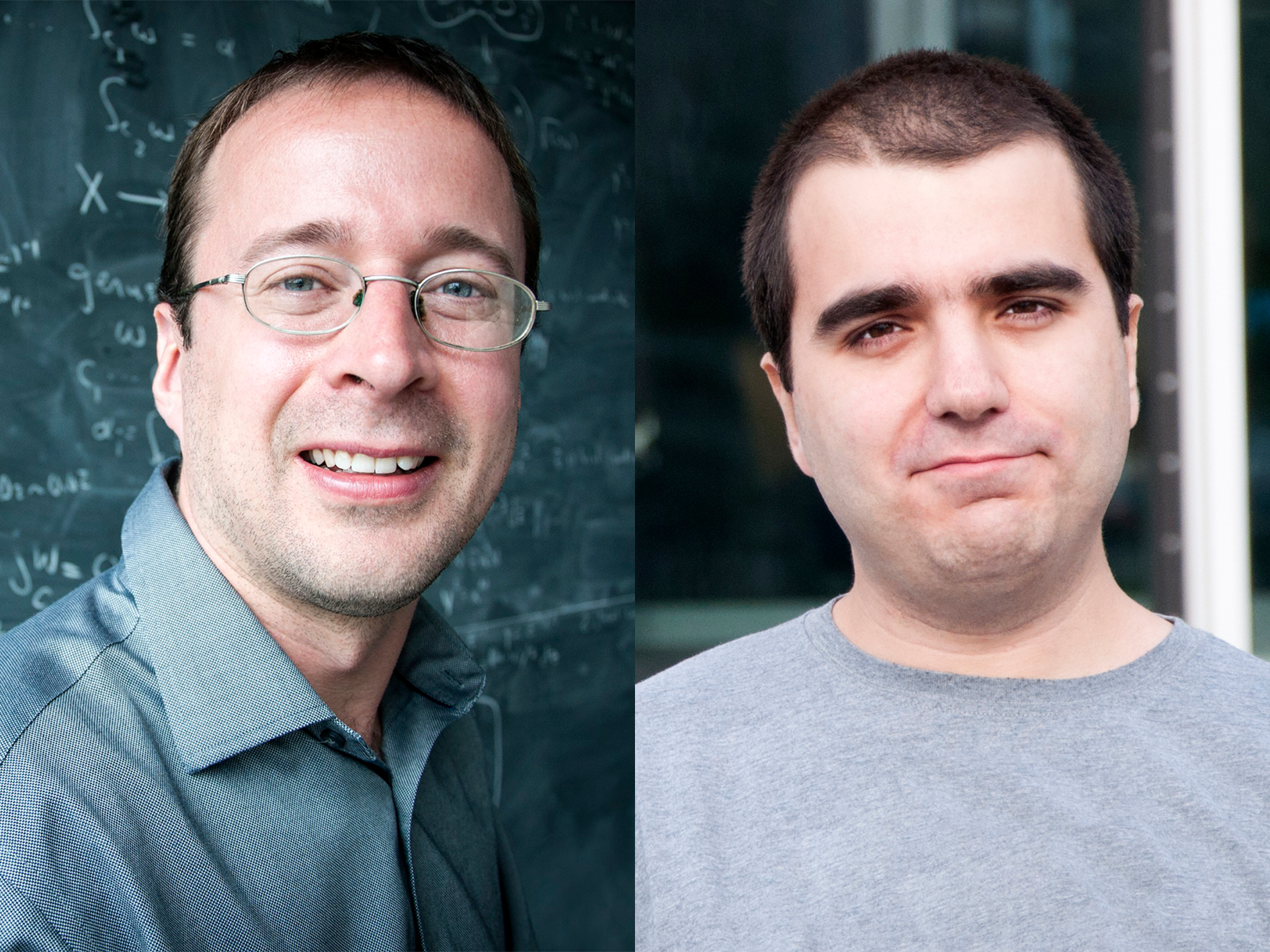In April, the Event Horizon Telescope (EHT) collaboration unveiled the first-ever image of a black hole’s event horizon, a breakthrough that made headlines around the world and today earned the Breakthrough Prize in Fundamental Physics, one of the field’s most prestigious prizes.
“This is wonderful news! In April, I was humbled by the world’s reaction to the first set of EHT images. Today, I am humbled again by the Breakthrough Prize committee’s recognition of our work,” said Avery Broderick, who holds the Delaney Family John Archibald Wheeler Chair at Perimeter Institute and leads Perimeter’s EHT Initiative.
“I am immensely grateful to the entire collaboration, our colleagues and institutions, financial supporters, and our families for whom the EHT project has been omnipresent for a decade. We now stand at the beginning of an empirical era of black hole science that a decade ago would be considered science fiction. We look forward with enormous excitement to being part of the steady stream of transformative results over the next many years.”
The $3 million (USD) Breakthrough Prize, the richest in science, will be split equally among 347 astrophysicists across 60 institutions in 20 different countries – including Broderick; Perimeter Associate Faculty member Ue-Li Pen; postdoctoral researcher Hung-Yi Pu; PhD student Paul Tiede; and associate PhD students Boris Georgiev, Britton Jeter, and Chunchong (Rufus) Ni.
Former Perimeter postdoctoral researchers Jorge A. Preciado-Lopez and Roman Gold are also among the winners, as well as former PhD student Mansour Karami. Perimeter is one of 13 partner organizations in the EHT collaboration – and the only Canadian one.
This marks the second time in the Breakthrough Prize’s nine-year history that Perimeter researchers have been honoured. Kendrick Smith, who holds the Daniel Family P. James E. Peebles Chair, shared in the )2018 prize awarded to the Wilkinson Microwave Anisotropy Probe (WMAP.
Perimeter scientists also earned the New Horizons in Physics Prizes, $100,000 (USD) awards that recognize early-career scientists making important progress on fundamental problems.
Smith and two colleagues were honoured “for the development of novel techniques to extract fundamental physics from astronomical data.” Smith was a leading researcher in this year’s landmark detections of an unprecedented number of fast radio bursts (FRBs) by Canada’s CHIME telescope.
Pedro Vieira, who holds the Clay Riddell Paul Dirac Chair, and Visiting Fellow Simon Caron-Huot were recognized “for profound contributions to the understanding of quantum field theory.” Vieira is blazing rich new conceptual paths to understanding the language that describes nature at its most fundamental level.
Perimeter researchers have now won seven New Horizons Prizes in the award’s short history, more than any other institution in the world.
The 2020 Breakthrough Prize Awards will be handed out at a gala awards ceremony on Sunday, November 3, broadcast live on National Geographic from the NASA Ames Research Center in Mountain View, California.
Further exploration
About PI
Perimeter Institute is the world’s largest research hub devoted to theoretical physics. The independent Institute was founded in 1999 to foster breakthroughs in the fundamental understanding of our universe, from the smallest particles to the entire cosmos. Research at Perimeter is motivated by the understanding that fundamental science advances human knowledge and catalyzes innovation, and that today’s theoretical physics is tomorrow’s technology. Located in the Region of Waterloo, the not-for-profit Institute is a unique public-private endeavour, including the Governments of Ontario and Canada, that enables cutting-edge research, trains the next generation of scientific pioneers, and shares the power of physics through award-winning educational outreach and public engagement.
You might be interested in



News Release: Cosmic explosion leads to first-of-its-kind gamma-ray burst detection
December 6, 2022



